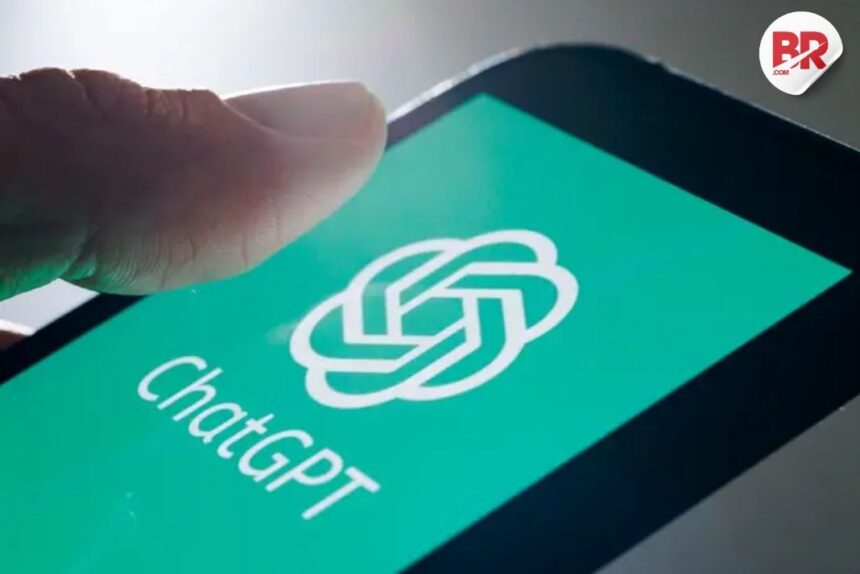
Good news for those using the free version of ChatGPT! OpenAI has rolled out a new memory feature that helps ChatGPT remember your recent chats and preferences, making conversations more personalized and helpful.
What’s New?
Previously, this memory feature was only available to Pro users, but now free users can enjoy it too. This means ChatGPT can give more tailored responses based on your interests, past questions, or topics you’ve discussed before — like writing, learning, or asking for advice.

OpenAI announced this update on X (formerly Twitter), saying, “We’re starting to roll out a lightweight version of memory improvements to Free users.”
You can even test this out by asking ChatGPT, “Describe me based on our chats.” Just keep in mind, it only remembers recent conversations — not ones from 6 months ago.
Read More: Samsung May Bring Perplexity AI to Galaxy S26, Bixby, and Samsung Internet
Can You Turn This Off?
Yes, you’re in control! If you don’t want ChatGPT to remember anything, you can turn the memory off:
- Go to Settings > Personalization > Memory
- From there, you can:
- Turn memory off completely
- Review what’s saved
- Or delete all saved information
OpenAI CEO Sam Altman also reminded users that you can use Temporary Chat if you want a private session with no memory involved.
Codex Now Available for More Users
There’s also an exciting update for developers! Codex, OpenAI’s AI coding assistant, is now available to ChatGPT Plus users. Before, only Enterprise, Team, or Pro users had access.
Codex can now also connect to the internet for programming tasks. This helps with things like:
- Installing software packages
- Testing code online
- Working with staging environments
However, internet access is turned off by default. If you want to use it, you must enable it manually and set rules like:
- Which websites it can access
- Which web actions (like GET or POST) it can perform
Also See: Game-Changer Alert! Gemini 2.5 Just Got a VOICE – Talk to AI Like Never Before!
OpenAI is also keeping security in check by monitoring for prompt injection attacks, which try to trick Codex into doing harmful tasks online.












